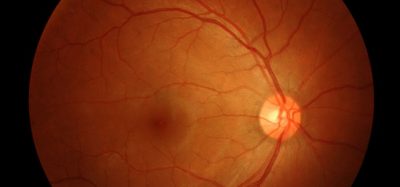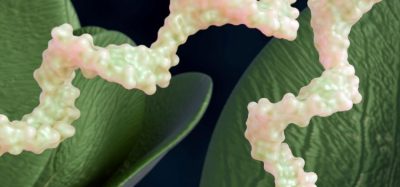Success for Regeneron and Sanofi’s atopic dermatitis trial
Regeneron Pharmaceuticals and Sanofi’s two placebo-controlled Phase 3 trials, evaluating dupixent (dupilumab) in adult patients with inadequately controlled moderate-to-severe atopic dermatitis (AD), met their primary endpoints evaluating the extent and severity of the disease.
In addition, both trials met key secondary endpoints measuring reduction in itch, improvement in patient-reported anxiety and depression symptoms, and certain quality of life measures. Dupixent inhibits signalling of IL-4 and IL-13, two key cytokines required for the type 2 (including Th2) immune response, which is believed to be a major driver in AD, and certain atopic or allergic diseases including asthma and nasal polyposis, where dupixent is being evaluated in ongoing clinical studies.
Primary endpoint
At 16 weeks for SOLO 1 and SOLO 2, respectively, 37% and 36% of adult patients who received dupixent 300 mg weekly, and 38% and 36% of patients who received dupixent 300 mg every two weeks, achieved clearing or near-clearing of skin lesions as measured by the 5-point Investigator’s Global Assessment (IGA) scale, compared to 10% and 8% with placebo (p less than 0.001). This was the primary endpoint of the study in the US and one of the primary endpoints in the EU.
Secondary endpoint
At 16 weeks for SOLO 1 and SOLO 2, respectively, 52% and 48% percent of adult patients who received dupixent 300 mg weekly, and 51% and 44% of patients who received dupixent 300 mg every two weeks, achieved a 75% or greater reduction in their Eczema Area and Severity Index score (EASI-75) compared to 15% and 12% with placebo (p less than 0.001). This was the key secondary endpoint in the U.S. and one of the primary endpoints in the EU.
Reduction in daily intensity
The reduction in the daily intensity of patient-reported itch, as measured by the Pruritus Numerical Rating Scale (NRS), was a secondary endpoint that was met at 2 weeks, 4 weeks and 16 weeks. The Pruritus NRS ranges from 0 (no itch) to 10 (worst itch imaginable). At 16 weeks, for SOLO 1 and SOLO 2, respectively, 40% and 39% of patients who received dupixent 300 mg weekly and 41% and 36% of patients who received dupixent 300 mg every two weeks achieved a four-point or greater reduction in their NRS score compared to 12% and 10% with placebo (p less than 0.001).
“The Phase 3 SOLO 1 and SOLO 2 clinical trials are the first large pivotal studies where a systemic investigational therapy has demonstrated a significant reduction in the signs and symptoms of atopic dermatitis, and showed improvement in studied quality of life measures,” said Eric Simpson, MD M.C.R., Oregon Health & Science University.
“Additionally, the reduction of itch intensity is important because itching is one of the most burdensome symptoms for patients and can impact other aspects of their lives, such as sleep.”
Other positive secondary endpoints include improvement in patient-reported anxiety and depression symptoms and certain quality of life measures as evaluated by Scoring Atopic Dermatitis (SCORAD), Hospital Anxiety and Depression Scale (HADS), Patient-Oriented Eczema Measure (POEM), and Dermatology Life Quality Index (DLQI).








![Novartis logo Novartis building in Stein, Switzerland [Credit: Taljat David shutterstock.com]](https://www.europeanpharmaceuticalreview.com/wp-content/uploads/novartis-image-400x187.jpg)

